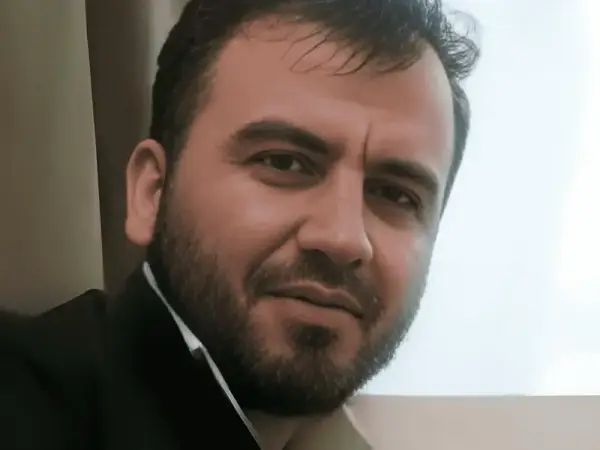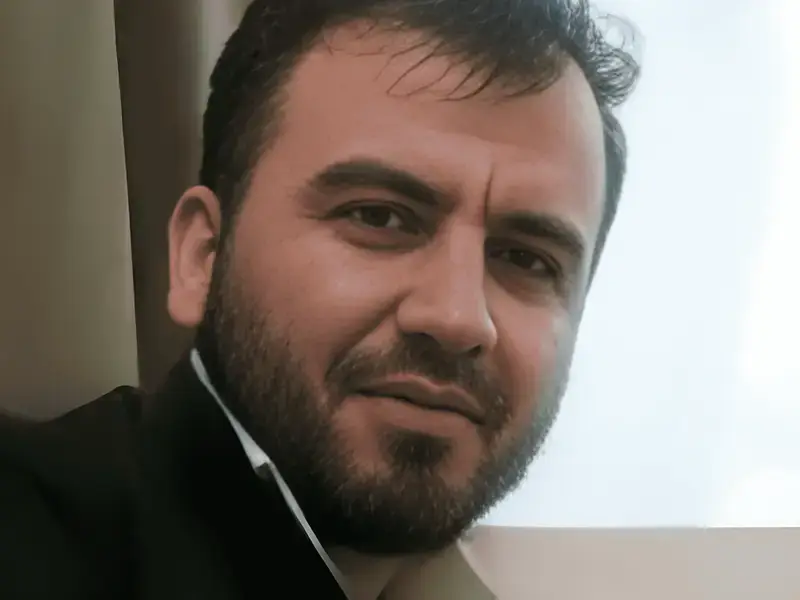Iranian Kurdish political prisoner Davoud Abdollahi was executed on Tuesday morning in Karaj's Ghezel-Hesar Prison amid ongoing persecution of the minority.
Abdollahi, imprisoned for 14 years, had been on a hunger strike since December 26 in protest at his being moved to solitary confinement for the execution.
Alongside six other Kurds – Qasem Abasteh, Ayoub Karimi, Anwar Khezri, Farhad Salimi, Kamran Sheikheh, and Khosrow Besharat – Abdollahi was detained in December 2009 on charges related to the murder of Abdolrahim Tina. Months of interrogation followed in the intelligence detention center in Urmia.
The charges against the seven individuals included "acts against national security," "propaganda against the system," "membership in Salafi groups," and "waging war against God and corruption on earth."
They were initially sentenced to death in 2017, but the Supreme Court overturned the verdict and referred the case to Branch 15 of the Revolutionary Court in Tehran for review. However, in June 2018, Branch 15 issued another death sentence for them.
The Supreme Court confirmed the death sentences in February 2020. Qasem Abasteh was executed on November 6, and Ayoub Karimi's death sentence was implemented on November 29. With the execution of Abdollahi, four others are currently at risk of execution.
Human rights organizations have repeatedly condemned the severe torture inflicted upon these prisoners and the extraction of forced confessions. Amnesty International warned in February 2021 that the seven Sunni Kurds were at risk of execution, stating that their trials were extremely unfair and based on confessions obtained under torture.
It is part of a massive execution wave in Iran. In the latest annual report, Human Rights Activists In Iran (HRANA) claimed the execution of 746 individuals, noting a 32 percent increase of executions from 2022 and death sentences issued rising by 68 percent.

